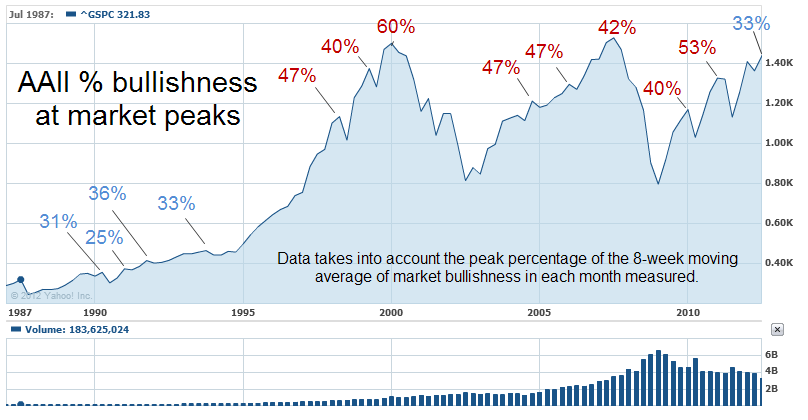Psst! Hey, you over there. Wanna see a Harvard Business Review case study happening before your eyes? Behold electric car maker Tesla (TSLA) and its attempt to buy solar panel installation firm SolarCity (SCTY). But hold your nose and shield your eyes while taking in the sheer awfulness of it.
Tesla’s leader Elon Musk is a pretty well-known character, whose coming-to-America back story is equally well known. And, as the leader and largest shareholder of three high-profile companies, including SolarCity and SpaceX (private), Musk has unofficially replaced Steve Jobs as the technology industry’s go-to figurehead.
But I think that what isn’t being reported is that Tesla’s ongoing attempt to buy SolarCity is nothing but a cynical attempt to preserve Musk’s own brand, that of the morally righteous Rebel Alliance leader.

There’s nothing synergistic about Tesla and SolarCity, in my view. They have completely different business models and capital needs. They address different geographic and demographic segments. They have different sales cycles and value propositions. The easy-to-understand analog would be if General Motors (GM) attempted to buy Chevron (CVX) because, well, both have something to do with petroleum.
Cash Crunch
The only things Tesla and SolarCity share besides Elon Musk are a) a history of burning through vast dumpsters of other people’s cash, and b) billions of debt on their balance sheets.
It’s been widely and credibly reported that SolarCity is running low on cash and that it can no longer reliably access the capital markets. Tesla itself acknowledged as much in its August 31, 2016 merger agreement between the two companies, in which it allows SolarCity to let the latter’s accounts payable balance increase by $75 million from between this past May and whenever the deal closes. In plain English? Tesla is telling SolarCity to conserve cash by slow-paying its short-term debts on the assumption that Tesla itself will repay those debts after the deal closes. Yikes.
If having a solar installation company as part of the Tesla mothership is such a “no-brainer” (Musk’s words), why not simply let SolarCity go bankrupt, which it most certainly will without Tesla’s offer, and buy whatever operating assets you need for pennies on the dollar, and avoid assuming SolarCity’s billions in debt?
What will proxy advisory firms Institutional Shareholder Services and Glass, Lewis say when asked to weigh in on the merits of this rotten deal? I predict they won’t like it, when they consider everything, including that the information provided to Evercore and Lazard to provide fairness opinions to, respectively, Tesla and SolarCity relied on data provided by the latter two firms.
Tradeoff
What does it say that SolarCity’s board asked for and received permission to seek other buyers, but Tesla made no attempt to find other sellers?
We can debate the viability of Tesla as a standalone company. But for the purposes of this discussion, let’s stipulate that it has an even-money chance of raising the several billion dollars it says it needs to a) complete its battery factory; b) finish development and begin production of its mass market Model 3 and c) improve its PowerWall battery pack to where it can be sold profitably at the key $100/kilowatt hour price threshold. Isn’t integrating SolarCity just a little bit, well, insane?
Given all those “asks,” what possible benefit would the added debt, cash burn and management distraction from buying SolarCity accrue to Tesla?
But wait, you say: who’s really getting harmed here? Everyone involved is a grown-up. Isn’t stock “risk capital?” Yes, most definitely. But Tesla and Musk are the beneficiaries of huge subsidy and tax credit schemes offered by federal and state agencies to develop alternative energy sources and vehicles. Benefits put in place to jump-start industries that might eventually employ many tax-paying workers.
Share Dilution
Why should Musk be allowed to issue billions of dollars of Tesla stock, diluting existing shareholders and putting his whole enterprise at undue risk when he could so easily acquire what he wants merely by waiting for SolarCity’s bankruptcy, which may be along shortly? So Musk’s personal brand remains unsullied? So he can, what, invent the perfect synthetic hamburger for his next act? Wait, that’s already been done.
Anyway, Tesla appointed two “independent” directors to make the go/no-go decision on recommending that Tesla complete its offer to acquire SolarCity. But how independent were they? One, Nancy Pfund, had been quoted saying Elon Musk “has always been a master of the universe in my mind.” Hardly a neutral appraisal. But 80% of Tesla’s stock isn’t held by Musk, and perhaps those investors will be the ones who collectively shout, “C’mon, man! Really?”
Harvard Business Review case studies are famous for their anodyne prose and non-judgmental tone. But if HBR ever publishes the facts and analysis of this proposed deal, in my opinion, it will be hard not to #facepalm and LOL at the sheer ridiculousness of the whole thing. And as for Elon Musk? I wouldn’t trust him as far as a SpaceX booster could take him.
Any investments discussed in this presentation are for illustrative purposes only and there is no assurance that the adviser will make any investments with the same or similar characteristics as any investments presented. The investments are presented for discussion purposes only and are not a reliable indicator of the performance or investment profile of any composite or client account. Further, the reader should not assume that any investments identified were or will be profitable or that any investment recommendations or that investment decisions we make in the future will be profitable.
Photo Credit: OnInnovation via Flickr Creative Commons




